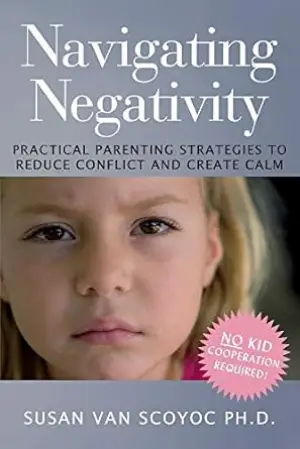Engaging Review of Code Name: Pale Horse—How I Went Undercover to Expose America’s Nazis
When I first picked up Code Name: Pale Horse by Scott Payne and Michelle Shephard, I was immediately drawn in, not just by the title but by the chilling yet crucial importance of its subject matter. Having listened to Shephard’s podcast White Hot Hate, I was curious about Payne’s undercover experiences, particularly in the context of growing extremism within society. What unfolded was a riveting journey that challenged my understanding of hate, courage, and the nuances of undercover work.
The book takes us deep into the dangerous world of The Base, an accelerationist white supremacy group that gained notoriety after the 2016 election. Through Payne’s eyes, we navigate his initial encounters with members of The Base, starting with a compelling scene in Georgia. What struck me was not just the boldness of these individuals but the underlying reality that they operate on the fringes of society—a stark reminder of the persistent echoes of hatred that often remain unnoticed until they explode into violence.
Payne’s narrative style feels authentic and approachable, balancing the seriousness of his mission with personal anecdotes that humanize him. His background growing up in South Carolina—complete with amusing tales of high school and family life—makes him relatable, in stark contrast to the chilling environments he later infiltrates. The humor and easy-going tone bring a freshness to the narrative, allowing readers to breathe amid the tension. One particularly memorable moment involves his teenage fascination with the band Grim Reaper, reflecting the quirky nature of his early years and illustrating how diverse influences shaped his undercover persona.
The pacing of the book is engaging, with seamless transitions between harrowing undercover missions and reflections on his career. I found myself captivated by his experiences with various groups, from infiltrating biker gangs to the Ku Klux Klan. Each encounter reveals the insidious lies that fuel these movements, exposing the unsettling reality that many of these extremists lead seemingly ordinary lives. Payne’s keen observations, especially about the operatives’ reliance on technology and social media, are both enlightening and alarming. It serves as a wake-up call, underscoring how these platforms not only facilitate communication but also enable the propagation of hate.
The emotional toll of Payne’s work is palpable throughout. He speaks candidly about the psychological and moral dilemmas he faced that eventually led him to retire. The book elucidates the duality of fighting against hate while needing to immerse oneself in its darkest corners—a theme that resonated with me profoundly. As Payne points out, these groups are not mere caricatures of evil; they embody troubling ideologies that unfortunately find vocal support in certain corners of society.
Code Name: Pale Horse is a must-read for anyone interested in true crime, sociology, or even contemporary American politics. It is more than just an undercover narrative; it’s an essential exploration of the ongoing threat posed by hate groups. If you’re seeking a book that combines thrilling storytelling with deep societal insights, look no further.
Reflecting on how this book impacted me, I am left with a renewed sense of awareness and urgency. It’s easy to dismiss extreme ideologies as fringe, but Payne’s work reminds us that the roots of hate are deeply embedded within our communities, often hidden in plain sight. This book is not just a reflection on the past; it’s a crucial call to action for the future.
Discover more about Code Name: Pale Horse—How I Went Undercover to Expose A… on GoodReads >>






